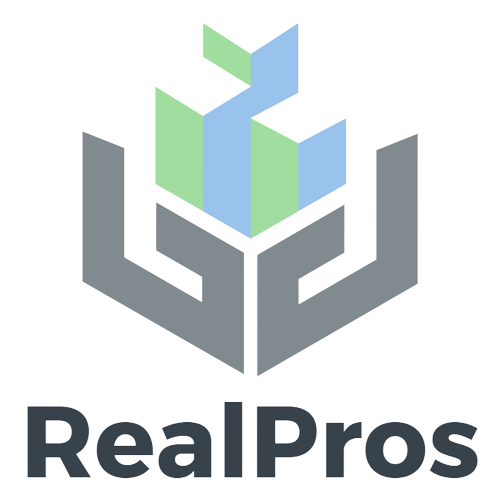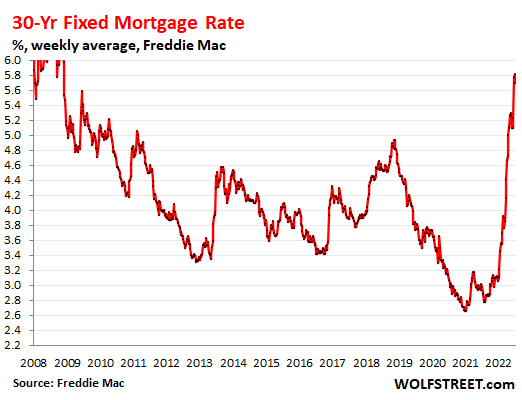Bridge to Equity, Affordable Housing: Q&A with panelist D.J. Valentine

Bridge to Equity examines how economic and social disparities, as well as a lack of equity available to those in communities populated by people of color, is manifesting in — and jeopardizing — various aspects of the region’s economy. This second installment explores affordable housing — what’s being done to ensure underserved populations are getting access to the housing they need and what still needs to happen to move the needle further.
On Oct. 26, the Business Times will host the second of its Bridge to Equity series of discussions, focused on affordable housing. The panel will be moderated by Lisa Schroeder, president and CEO of The Pittsburgh Foundation.
Panelists at the event will include:
- Bill Gatti, president and CEO, Trek Development Group Inc.
- Larry Swanson, executive director, ACTION-Housing
- Tammy Thompson, executive director, Catapult Greater Pittsburgh
- D.J. Valentine, VP and community lending mortgage sales manager, Huntington National Bank
To register for the event, go to our events webpage.
Overall, the greatest barrier to achieving sufficient affordable housing — for both developers and those seeking housing — is financing. This is where financial institutions, such as Huntington National Bank, come into play. Huntington, though based in Columbus, Ohio, is Pittsburgh’s seventh-largest bank by deposit market share. It offers several assistance programs for potential homebuyers and partners with numerous local organizations to assist homebuyers in the process. As a vice president and community lending mortgage sales manager, D.J. Valentine oversees these efforts and partnerships, working closely with various stakeholders to provide homeownership opportunities for low- to moderate-income borrowers in Ohio, Colorado, Kentucky, Wisconsin, Pennsylvania and Florida.
What are the biggest barriers to entry for homeownership?
In the current environment with rates and market values increasing, coming up with funds to cover down payment and closing costs is a major barrier. Also, lack of inventory in the affordable price range for folks to buy. Other barriers are education on what it takes to become a homebuyer and/or lack of or poor credit history.
What types of resources does Huntington offer to help people in underserved areas overcome these barriers?
We offer closing costs assistance if the property is located in a low- to moderate-income tract. This includes covering all bank fees except for $500. So closing costs for a home in a low- to moderate-income tract would only require $500 in closing costs and any escrows to be provided from the borrower. We partner with several nonprofit HUD-approved counseling agencies throughout the Pittsburgh and Allegheny County markets. They provide homebuyer education and, in some cases, also provide sources for down payment assistance. We also offer a Community Access Mortgage that provides the ability for acquisition and renovation. To assist with the inventory issues in our markets, this is an option to get a home that is affordable but just needs a little attention to bring it up to code and make it safe and habitable again.
What does the Pittsburgh region still need to address to make homeownership more equitable?
Continue to increase access to down payment resources. This could/should be a public and private initiative. Be creative! Meaning review current zoning policies and do they allow for alternative or creative builds that are affordable? This also could include developer incentives to do more in-fill development throughout the city. It’s important to continue to invest in our communities that suffer from disinvestment and economic distress. Reinvesting with things like tax incentives in these communities can help speed up recovery and provide additional opportunities. It is important to also be cognizant that the investments have to be targeted and include mixed-income results in order to not gentrify the community. Like most metro markets throughout the nation, investors seem to buy up our Naturally Occurring Affordable Homes (NOAH). Rental registries have been best practices to weed some of them out and also hold them more accountable.
How can banks or financial institutions go about improving their financing resources for affordable housing?
Special Purpose Credit Programs are beginning to roll out. Financial institutions can also figure out how to consider “credit invisibles” and rental history to weigh more in the underwriting of loans vs. the traditional must have minimum of three trade lines established. For access to capital: (We need more) Community Development Corporations and small developers who are willing to do work in the affordable housing space to supply inventory that can be maintained specifically for a specific demographic.


